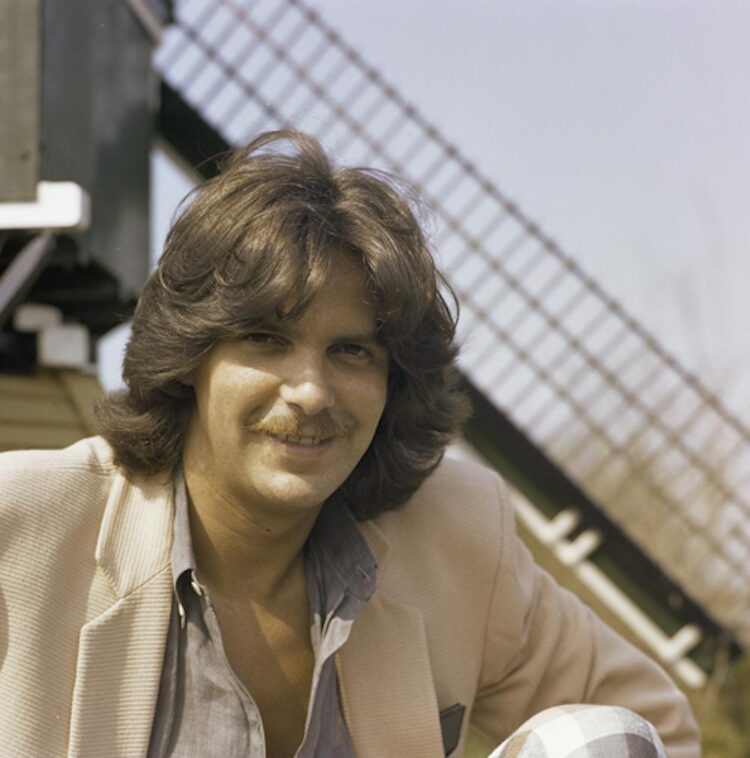If you’ve never been, Italy’s third-largest city is as frenetic, as chaotic, as you’ve heard; you need to keep your wits about you, remaining alert to the speeding motorini that are forever coming at you from all directions. You’ll probably know about the religion, the football – the Madonna and Maradona venerated equally – the pizza, the crime, the beauty and the poverty (Naples is one of the poorest cities in Europe). But something else that strikes you is the degree to which various communities in Naples intermingle, relative to other Italian cities. On a recent trip there with my partner, we struck up a conversation with a barman who told us “Neapolitans don’t judge you by the colour of your skin. They look into your eyes.” Without glamorising deprivation or minimising Italian racism, there’s a sense in Naples of people, including a significant migrant population, rubbing along together, making the most of sometimes very difficult circumstances. Which brings us to the music.
The Gulf of Naples is the place where, according to Greek mythology, Parthenope and her siren sisters lured sailors to their death on the rocks with their song (and they provided Sorrento, across the bay from Naples, with its name). It was one of the most important cities for music in Europe during the Baroque period, a home to composers including Rossini, Scarlatti and Bellini, and it birthed the comic opera and Canzone Napoletana (‘O Sole Mio’ is the best-known example) as well as its own folk styles. The city’s vivacity might be explained by its proximity to an active volcano, Vesuvius – an “eat, drink and be merry, for tomorrow we die” spirit, perhaps – but also by the fact that it has long been a busy and strategically important port. Like Marseille for France, it’s a gateway to Africa and Asia and, having originally been settled by the Greeks, was ruled over at various times by Rome, the Normans, Spain and France. In the early 50s it was also chosen as the location of one of two Mediterranean NATO commands, a decision that would have significant repercussions for Neapolitan music. The story of the US military inadvertently influencing music scenes by exposing locals to rock & roll, R&B and jazz – particularly via the American Forces Network radio station that catered to military personnel and their families – is one that reoccurs in various places around Europe. In Naples, Italian broadcaster RAI responded to the presence of US soldiers with its own English-language programme Good Morning From Naples, which debuted in 1963, while venues like the USO Club loaded their jukeboxes with records that would attract American servicemen and locals alike. These sounds, when filtered through the city’s already-rich musical heritage and the countercultural politics of the late 60s and 70s, helped to usher in a new golden age for Neapolitan music.
Alan Sorrenti – ‘Vorrei Incontrarti’
One of the most emblematic songs of the 70s Italian underground, ‘Vorrei Incontrarti’ is also the most straightforward track on Alan Sorrenti’s 1972 debut album, Aria, which brilliantly fuses canzone, jazz, folk and prog, and features local drummer/percussionist Antonio ‘Tony’ Esposito (see below). Sorrenti’s vocal expressivity and daring have seen him compared to the likes of Tim Buckley and Peter Hamill, while his…



